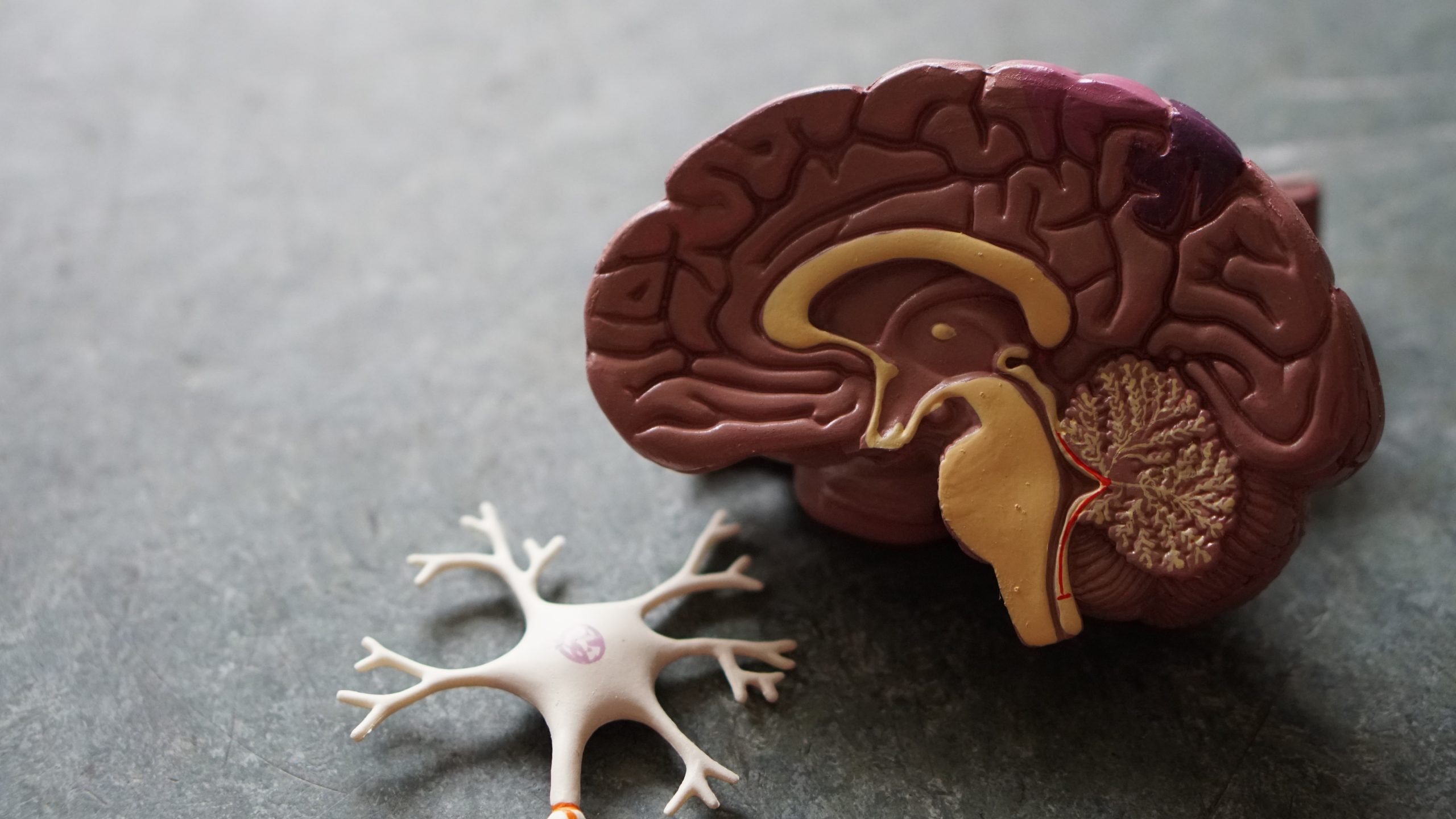Introduction
The human body is an intricate system of interconnected networks, and one of the most influential yet often overlooked components in mental health is the vagus nerve. Named after the Latin word for “wandering,” the vagus nerve is the longest cranial nerve in the body. It plays a pivotal role in regulating various physiological processes, including the parasympathetic nervous system. Over the past few years, research has shed light on the significant impact between the vagus nerve and mental health.
This article explores the vital role of the vagus nerve in promoting mental health and how its dysfunction can lead to various psychiatric conditions.
An Overview of the Vagus Nerve
The vagus nerve, formally known as the tenth cranial nerve (CNX), originates in the medulla oblongata of the brainstem and extends down through the neck and into the thorax and abdomen, innervating various organs and structures along the way. It is divided into two main branches: the sensory and motor branches. The sensory branch carries information from the organs back to the brain, while the motor branch transmits signals from the brain to the organs, muscles, and glands.
The Role of the Vagus Nerve in Mental Health
• Regulation of the Parasympathetic Nervous System (PNS):
• The vagus nerve is a fundamental component of the parasympathetic nervous system, which is responsible for promoting the body’s “rest and digest” response. When activated, the PNS counterbalances the sympathetic nervous system’s “fight or flight” response, leading to a state of relaxation, reduced heart rate, and lower blood pressure. This ability to modulate the autonomic nervous system is vital for managing stress and anxiety.
• Emotional Regulation:
• The vagus nerve is also involved in emotional regulation, affecting our ability to cope with stress and emotional challenges. Studies have shown that individuals with better vagal tone, indicative of a more responsive and adaptive vagus nerve, tend to have higher emotional resilience and improved overall mental well-being.
• Inflammation and the Gut-Brain Axis:
• Recent research has established a strong connection between the gut and the brain, known as the gut-brain axis. The vagus nerve serves as a vital communication pathway between the two, enabling the brain to regulate gastrointestinal functions and vice versa. Additionally, the
vagus nerve plays a role in modulating the body’s inflammatory response. Inflammation is increasingly recognized as a factor in the development and exacerbation of various mental health conditions, such as depression and anxiety.
• Neural Plasticity and Memory:
• The vagus nerve has been found to influence neuroplasticity, which refers to the brain’s ability to reorganize and form new neural connections. This neural plasticity is essential for learning and memory processes, as well as for adapting to new experiences. Proper vagus nerve
function contributes to improved memory consolidation and cognitive flexibility.
Vagus Nerve Dysfunction and Mental Health Conditions
When the vagus nerve’s functioning is impaired or disrupted, it can lead to a variety of mental health challenges. Some common conditions associated with vagus nerve dysfunction include:
• Depression and Anxiety Disorders:
• Reduced vagal tone has been linked to increased vulnerability to depression and anxiety. The inability to effectively regulate stress responses and emotional reactions can contribute to the development of mood disorders.
• Post-Traumatic Stress Disorder (PTSD):
• Individuals with PTSD often exhibit altered vagal tone, which may affect their ability to cope with traumatic memories and emotional triggers.
• Inflammatory Disorders:
• Dysfunction of the vagus nerve can lead to imbalances in the body’s inflammatory response, contributing to chronic inflammation. This can further exacerbate mental health conditions and increase the risk of developing neurodegenerative disorders.
Conclusion
The vagus nerve’s impact on mental health cannot be overstated. As a crucial component of the parasympathetic nervous system, emotional regulation, and the gut-brain axis, the vagus nerve plays a pivotal role in promoting mental well-being. Understanding
the connection between the vagus nerve and mental health can lead to new therapeutic approaches and interventions targeting this essential pathway. By nurturing and supporting the vagus nerve’s health, we can potentially enhance emotional resilience, reduce the risk of mental health disorders, and improve overall quality of life.
